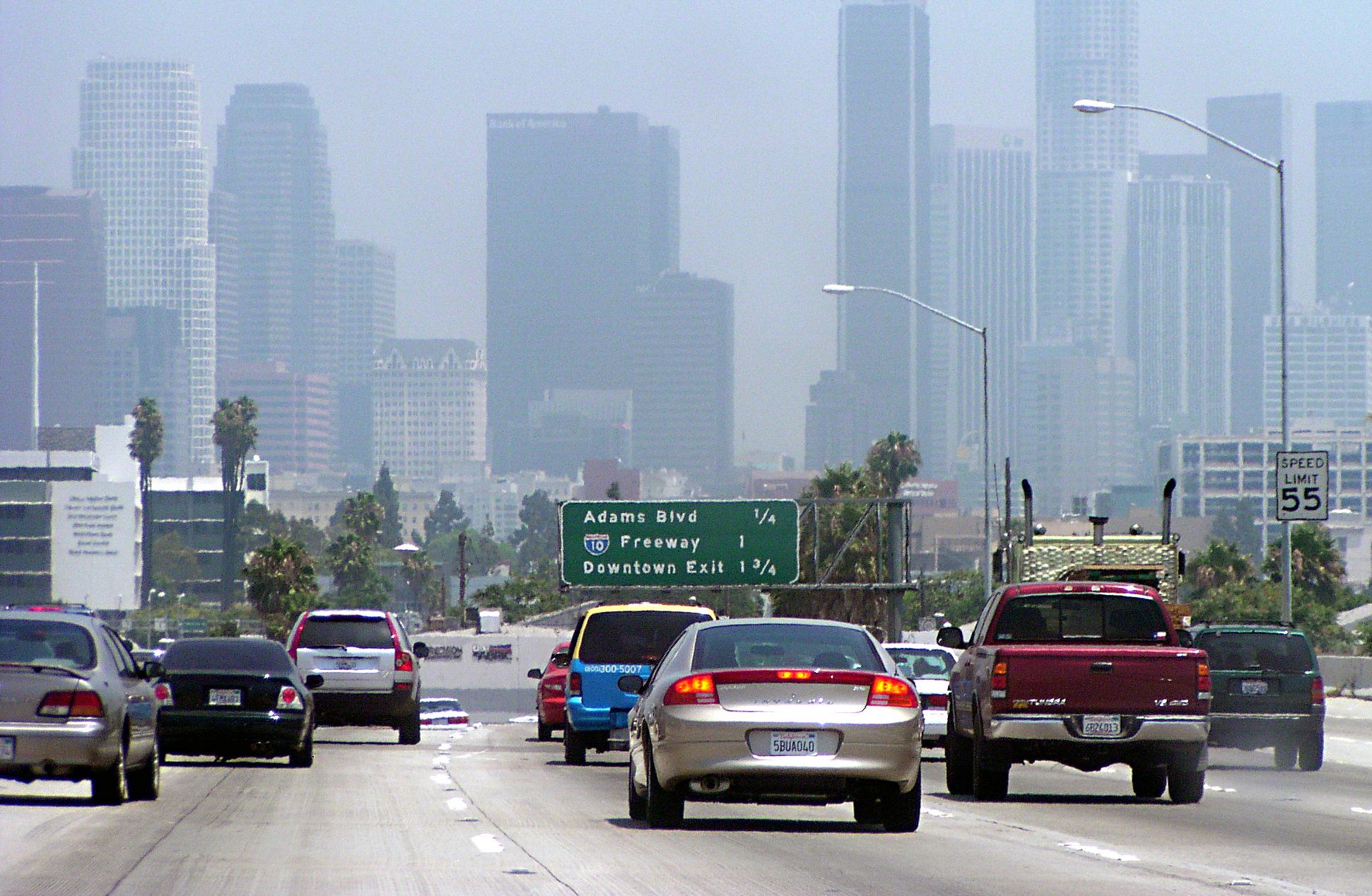The work of a transit advocate is never done. That's the story
taking shape in California, where the establishment of a high-speed
rail network, approved by voters in November, 2008, is facing legal
challenges from a number of city governments near San Francisco.
 A rendering of the proposed California HSR line, via The Wall Street Journal.
A rendering of the proposed California HSR line, via The Wall Street Journal.In response, Network blog Cyclicio.us
has put out some recommendations from an unlikely source: the late Paul
Weyrich, the conservative founder of The Heritage Foundation. Weyrich
got his start in political organizing advocating for rail transit. His
advice: never let down your guard, even if your issue enjoys majority
support.
First, you need to understand that a referendum is very different froman election between candidates. In an election between candidates,people may dislike both, but in the end voters have to vote for one ofthem, even if they choose the lesser of two evils. In contrast, in areferendum, if voters have doubts they vote 'no.'
Often,the proposal has had great initial support in opinion surveys, maybe70%. But then the attacks start. The proponents make the mistake ofignoring the charges instead ofreplying to them. By election day, that 70% has become maybe 40% andthe referendum is lost.
Cyclicio.us warns California residents that they could suffer the same fate if rail advocates are complacent:
Maybe there is a majorityon the [San Francisco] Peninsula who still support High Speed Rail, but don’t depend onthat majority — organize, mobilize, and address the objections from thedetractors, or the project will never get off the ground.
Also on the Network today: 295 Bus has already taken up the HSR cause, publishing a letter to the editor defending high-speed rail development in California; Wash Cycle corrects those who argue that funding for transportation projects would be better spent elsewhere; and the Political Environment looks at the connection between poor air quality in Wisconsin and lack of state leadership on energy.





